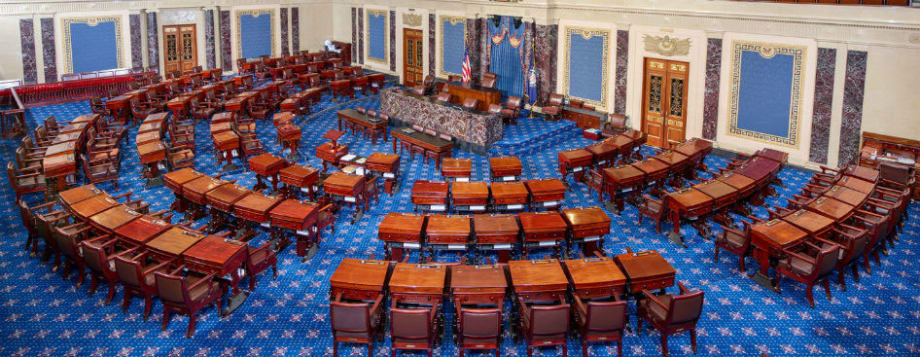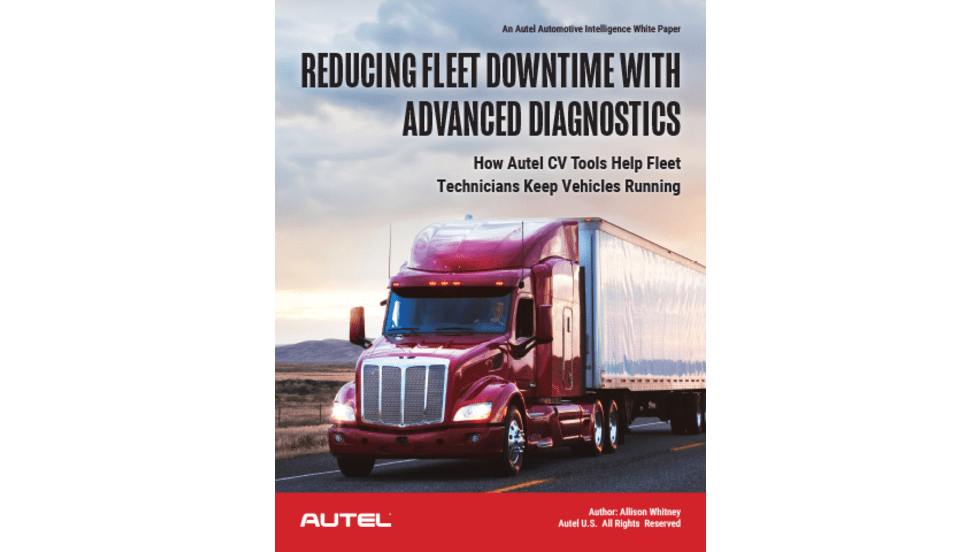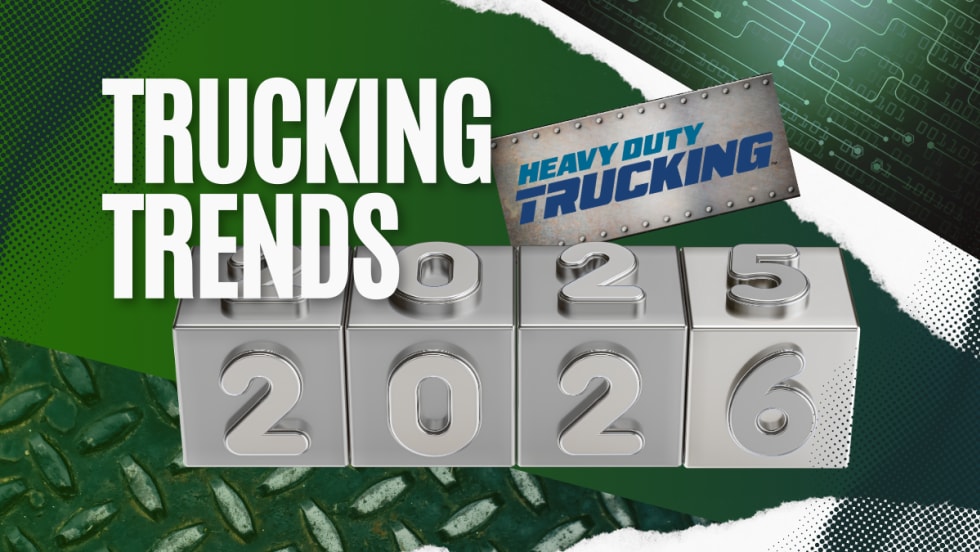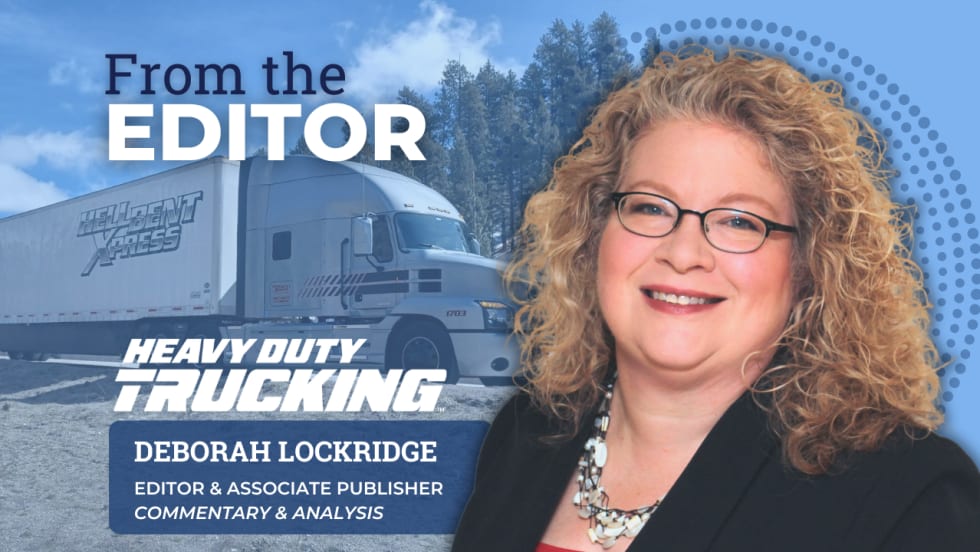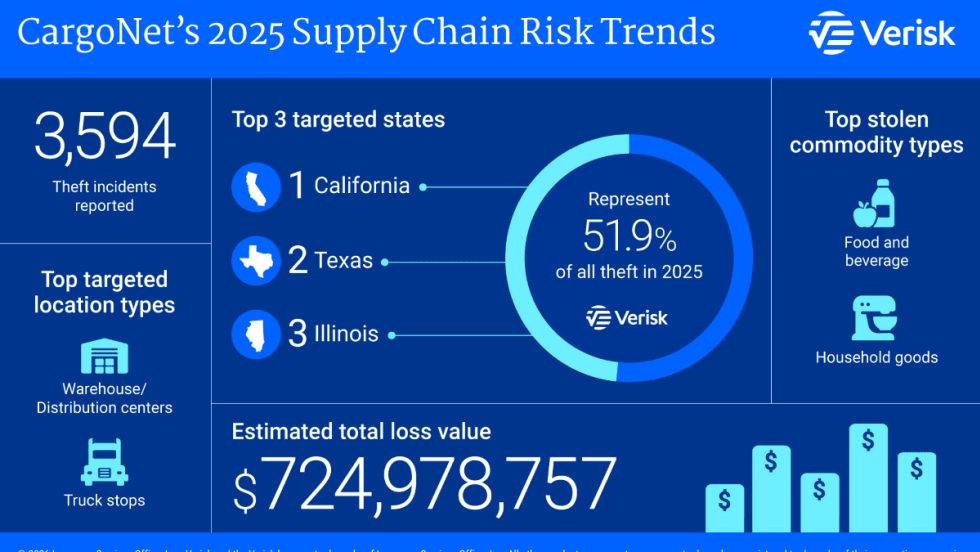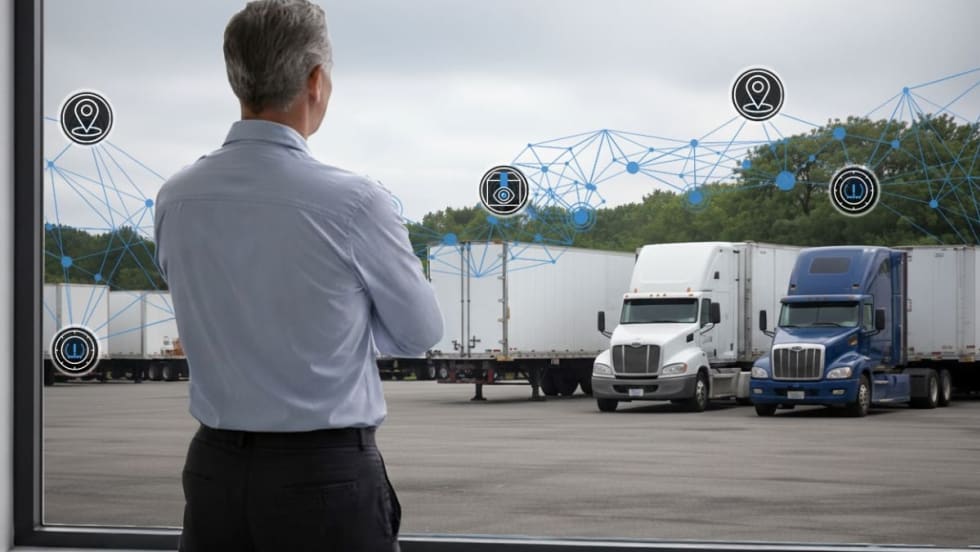After the U.S. House of Representatives passed its $1.5 trillion infrastructure package last week, attention now turns to the Senate, which last year passed its own version of surface transportation reauthorization.
A major part of the House bill, the $494 billion INVEST in America Act surface transportation reauthorization bill, included controversial trucking-specific provisions such as increased insurance minimums and delaying the new hours-of-service rules, and a focus on “green” transportation unlikely to find favor in the Republican-controlled Senate.
Missouri Republican Sam Graves, ranking member on the Transportation and Infrastructure Committee, has said the House bill’s focus on massive overhauls of non-transportation regulations lessens the bill’s chances of getting anywhere in the Republican-led Senate.
As Politico reported, “though the bill in its current form is not likely to go anywhere as long as Republicans hold the Senate, the core of the bill — the transportation-specific functions — are virtually guaranteed to survive, although the two chambers may not agree on what the final form will be until next year at the earliest.”
Senate Majority Leader Mitch McConnell called the House measure "nonsense," "absurd," "pure fantasy" and vowing that it will die in the Senate. And the White House has indicated it would veto the bill.
The Infrastructure Funding Question
There have been debates for years about how to fix our highway-funding process. The Highway Trust Fund is dwindling. The fuel tax has not been raised since the Clinton administration, while at the same time, vehicles are more fuel-efficient. And the COVID-19 pandemic shutdown earlier this year caused traffic levels to plummet, making the situation even worse.
During a Senate Committee on Environment and Public Works hearing on July 1, EPW chair John Barrasso (R-WY) said in opening remarks that surface transportation reauthorization legislation must be passed soon to stave off major fiscal problems down the road.
“Last month, we held a hearing on how rebuilding our highways and bridges will create jobs, will reduce the cost of goods and services, and will drive our nation’s economic recovery,” Barrasso said. “Three months from today, the surface transportation authorization will expire. This cannot be allowed to happen – especially during this pandemic-caused economic downturn.
“To make matters worse, the Highway Trust Fund is rapidly approaching insolvency. Prior to the pandemic, the Congressional Budget Office projected the Highway Trust Fund would run out of money in mid-2021. Now, with Americans driving less, the Highway Trust Fund will reach insolvency far sooner than first predicted.
“The time for Congress to pass meaningful, bipartisan infrastructure legislation is now.”
He criticized the partisan nature of the House bill and said Congress should move forward with the bipartisan Senate bill, America’s Transportation Infrastructure Act, which “will provide record levels of investment; $287 billion dollars will be available over five years to fix our roads and bridges, to create jobs, and to boost our economy.”
In his remarks in that hearing, Ranking Member Tom Carper (D-DE), also called for bipartisan work on developing a funding plan. “It’s time for the Senate Banking and Commerce Committees to develop their own bipartisan titles so that a truly robust surface transportation reauthorization bill can come to the Senate floor in the months ahead.
“Whether you’re driving an 18-wheeler truck hundreds of miles a day on interstates across the Heartland, or hitting potholes on your way to work or the grocery store, just about every driver in America will agree that our surface transportation infrastructure needs work,” Carper said, noting that approximately 20% of our federal-aid highways are in poor condition, as are some 46,000 bridges.”
But Carper also called for attention to the environment in these measures.
“For decades, we have invested in surface transportation infrastructure as a country without making meaningful progress toward improving safety, reducing harmful emissions and enhancing resilience. And now, we face a growing climate crisis that will only make those challenges even more daunting.”




